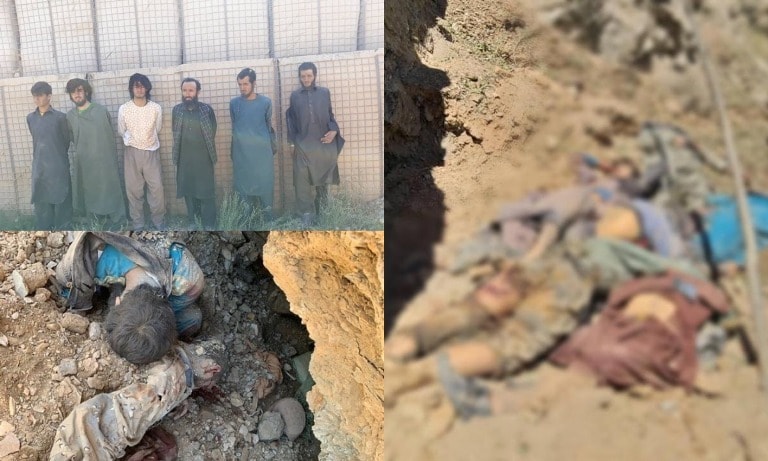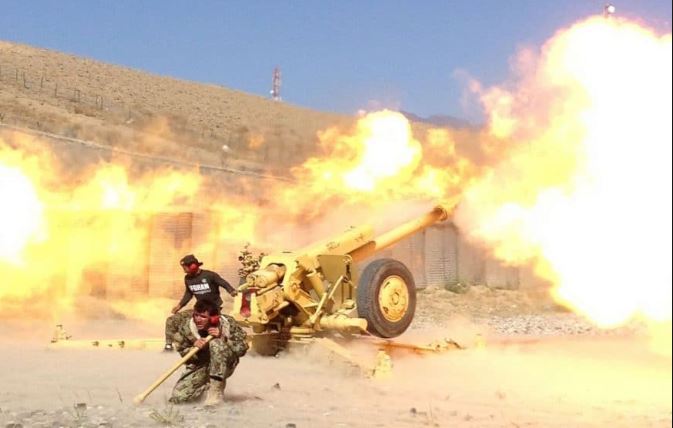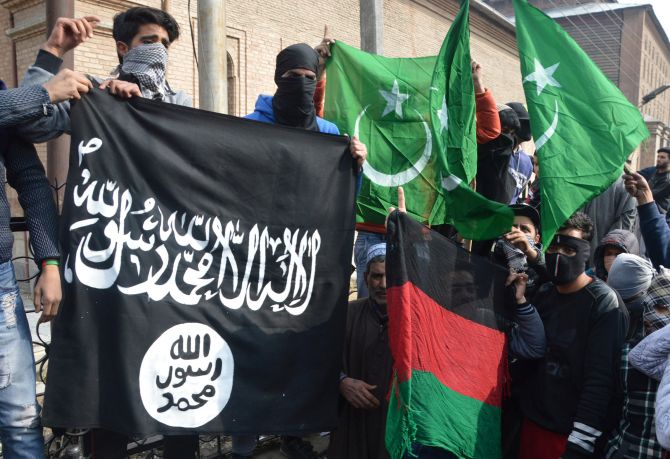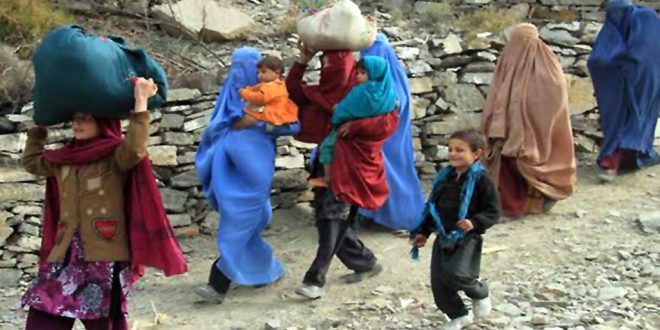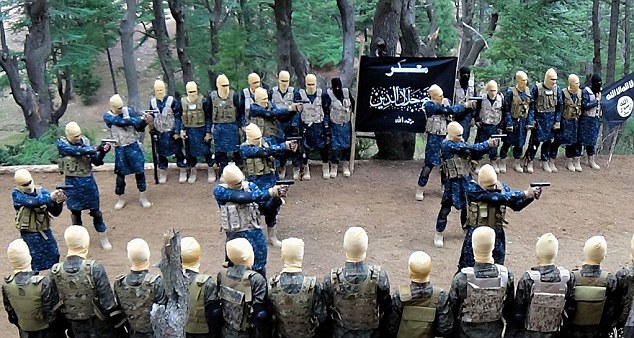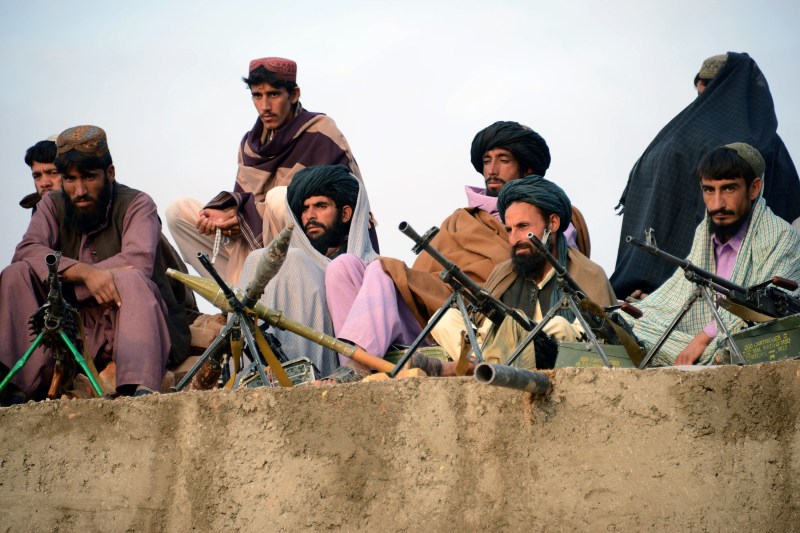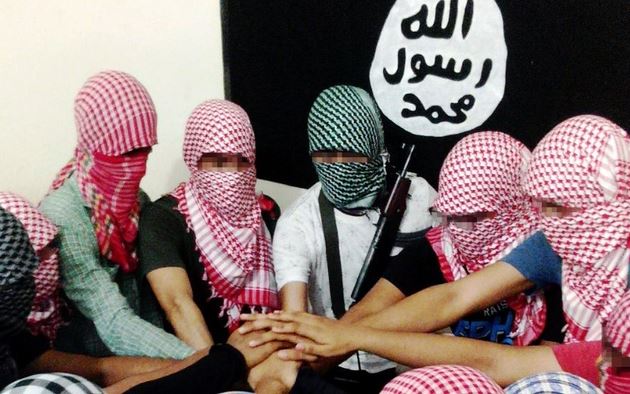
Terrorists attacked police in Dhaka twice in the last month, in back-to-back bomb explosions that the city police commissioner admitted were powerful. Islamic State (IS) claimed responsibility for these attacks. The police and other authorities have not dismissed their claims. Additionally, security related NGOs have expressed concerns about the growth of IS in Bangladesh, like reported by eurasiareview.com.
Bangladesh has been largely peaceful, but the threat to internal security, primarily from Islamic terrorists, remains. At least a million Rohingyas live in refugee camps in Bangladesh and several are fleeing these camps daily. The government has arrested more than 20,000 Rohingyas from various districts in Bangladesh and sent them back to the camps.
Not all Rohingyas are Islamic terrorists; some fled their camps to earn a living because their return to Myanmar is uncertain. Most Rohingyas do not want to return to Buddhist-majority Myanmar and seek a better life in a Muslim majority country like Bangladesh.
Rohingyas are broadly divided into two groups, one linked with Islamic fundamentalist groups in Bangladesh and the other involved with the Arakan Rohingya Salvation Army (ARSA). These groups are both directly and indirectly patronized by the Pakistan Inter-Service intelligence agency ISI, which can mould disgruntled Rohingya youth into Islamic fundamentalists and terrorists.
The Indian province of West Bengal is Bangladesh’s closest neighbor. Both its land and maritime borders are easy to cross from both sides. There are large numbers of Islamic fundamentalists in West Bengal who wield more power than most in Bangladesh. For example, after the war criminal Motiur Rahman Nizami was executed in Bangladesh, nobody in the country dared take out a procession in Nizami’s favour, but Muslim fundamentalists in Kolkata took out pro-Nizami rallies. Other than Kolkata, such rallies were only held in Islamabad, Pakistan.
Government sources are aware that terrorists from Bangladesh get shelter in West Bengal, where a section of Muslims are getting radicalized. Some Bangladeshi security experts believe that as long as West Bengal is a safe haven for Bangladeshi Islamic terrorists, the internal security of both Bangladesh and India is threatened.
In such circumstances, daylight attacks by Islamic terrorists against Dhaka police, claimed by IS, appear very well planned. Bangladesh police have started investigations and discovered that the closed circuit cameras were not functional in those areas at the time of the bomb blasts, showing how well the terrorists were organized.
Bangladesh has been fighting against Islamic terrorism for a long time, but had never admitted that IS is active inside the country. Even after the heinous Holy Artisan café attack, the government of Bangladesh did not admit that it was an IS attack, instead they tried to establish that it was the work of home-grown terrorists. People believed the government because there are many Islamic terrorist groups in Bangladesh. But after the last two attacks on police targets, the government has not dismissed IS claims and the police administration is viewing the IS threat very seriously.
Security experts believe some groups based in West Bengal and Bangladesh have links with IS. While this has not been proven with any certainty, the ARSA in Myanmar is a creation of Pakistan’s ISI and some West Asian terrorists are involved with them.
Bangladesh is now a close friend of India and is making rapid economic progress. If, as a close friend, Bangladesh becomes a stable and economically sound country, India will also be strengthened.
However, countries that created the IS and fund the ISI do not want Bangladesh and India to be stable. They not only want to destabilise Bangladesh and India by weakening their internal security; they also want to make a buffer Islamic fundamentalist state in the southern part of Bangladesh and by the Bay of Bengal.
